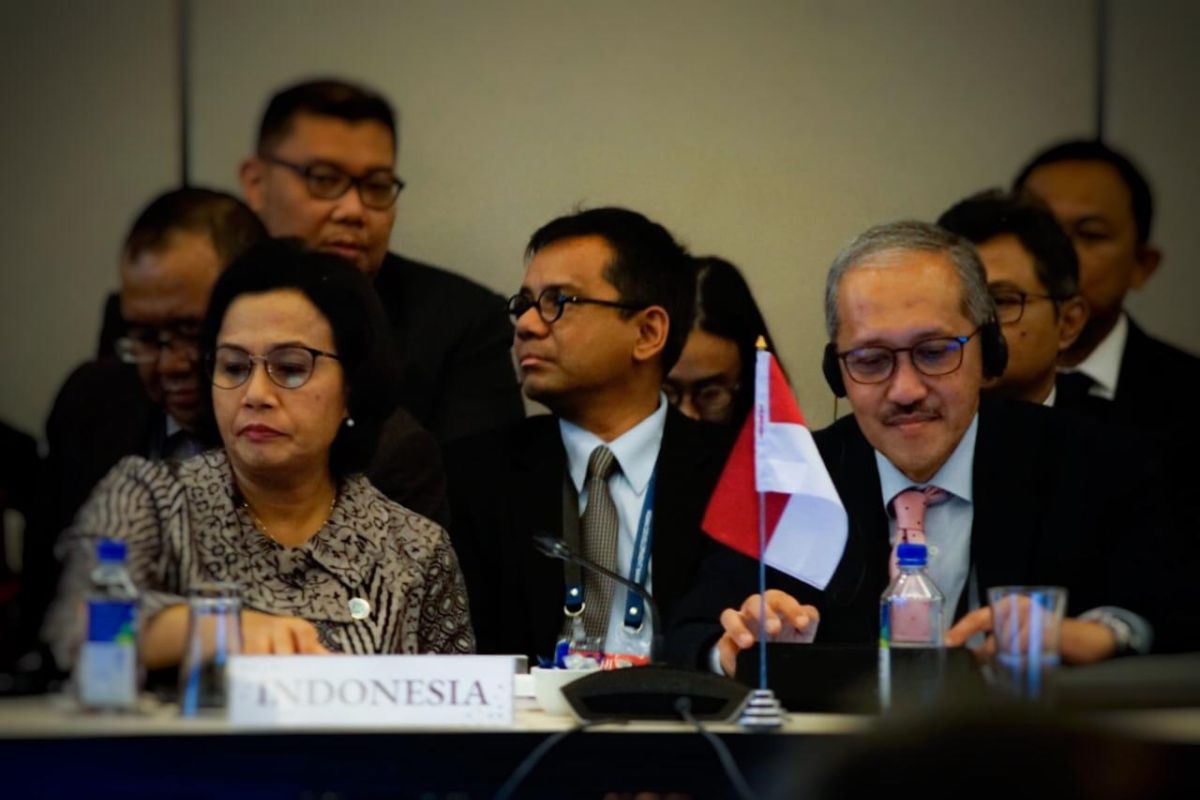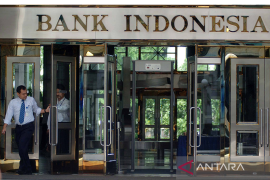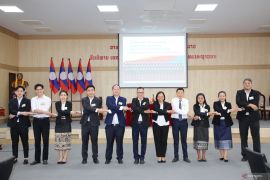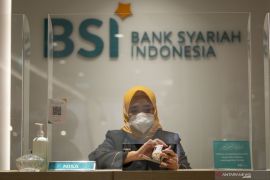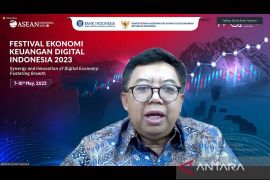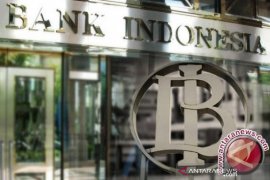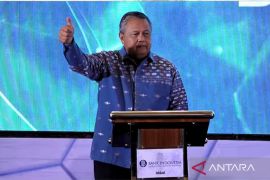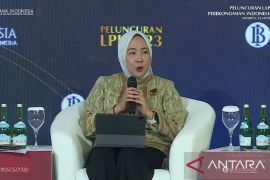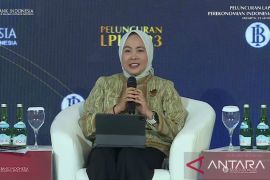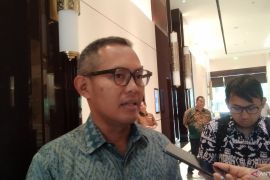The statement was conveyed by Dody Budi Waluyo representing the BI Governor, during the Meeting of ASEAN+3 Finance Ministers and Central Bank Governors held in Nadi, Fiji, on 2nd May 2019.
Indonesia is currently recalibrating its monetary, fiscal and macroprudential policy mix with a focus on financial resilience, as well as sustainable, balanced and inclusive growth, based on a statement from Bank Indonesia in Jakarta on Friday.
In addition, structural reforms remain consistent, including exploring the potential benefits of digital innovation to support economic growth.
ASEAN member countries along with China, Japan and South Korea (ASEAN+3) remain upbeat over steadfast regional economic growth and financial sector resilience despite headwinds from trade frictions, softer external demand and tighter global financial conditions.
Consensus and optimism emerged from the Meeting of ASEAN+3 Finance Ministers and Central Bank Governors held in Nadi, Fiji, on 2nd May 2019, which also marked the 20th anniversary of the ASEAN+3 Finance Process.
At the meeting, ASEAN+3 agreed to adopt the ‘Strategic Directions of ASEAN+3 Finance Process’ as the medium-long term ASEAN+3 initiative and work plan that aims to explore new potential areas of common interest toward strengthening regional resilience.
The initiative and work plan include strengthening the Chiang Mai Initiative Multilateralization (CMIM) as a regional safety net.
CMIM’s role as a regional self-help mechanism was also strengthened by updating the operational guidelines (OGs) in order to remain relevant and responsive to the needs of member countries.
CMIM harmonization as a Regional Financing Arrangement (RFA) with IMF facilities as a Global Financial Safety Net (GFSN) has also been improved.
The meeting was also attended by representatives from several international institutions, including the ASEAN+3 Macroeconomic Research Office (AMRO), Asian Development Bank (ADB) and the International Monetary Fund (IMF) as strategic partners of ASEAN+3.
The presence of such institutions facilitated an exchange of views and ideas regarding the latest economic and financial sector dynamics and outlook regionally and globally.
Reporter: Azis Kurmala
Editor: Rahmad Nasution
Copyright © ANTARA 2019
